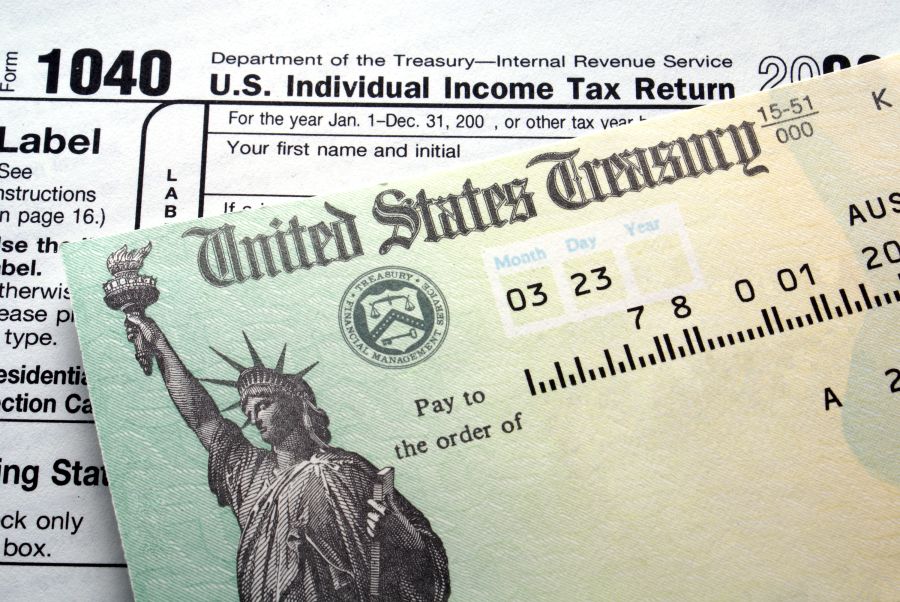
It’s tax season again! The deadline to file federal and state taxes is Apr. 18, and while getting your returns in order may be time consuming, don’t forget to be on high alert for tax scams.
This is the prime season for identity thieves to attempt to collect your confidential information. However, there are ways you can protect your personal data by being aware of the most common scams:
A scammer posing as a member of the IRS will try contacting a victim via phone call, email, or text. Your phone may even show “Internal Revenue Service” in the caller ID. The scammer may identify themselves with a badge number and even know the last four digits of your Social Security Number to make it appear as though they are a legitimate IRS employee.
At this point, the scammer may claim a number of things, like you owe back taxes, there’s a problem with your return, or you need to click on a link to see returns about your refund. Oftentimes, the scammer may request your personal information, or even demand that you provide payment details or face serious consequences, like being arrested. There’s also been an uptick in unemployment benefits scams, with victims only realizing the identity theft when they receive a 1099-G tax form for unemployment compensation they never collected.
It’s important to note that the IRS only initiates contact by mail – not via phone, email, or text. Also, the IRS will not demand specific forms of payment, threaten taxpayers with arrest, or ask for payment without giving taxpayers a chance to question or appeal an amount owed. If a tax-related message seems suspicious, there are easy ways to determine whether you’re actually being contacted by the IRS:
As soon as you can, visit identitytheft.gov to report suspected tax identity theft to the IRS and the FTC. You’ll need to complete an IRS Identity Theft Affidavit (Form 14039) to start a personal recovery plan.
As always, if you receive any tax-related scams in your WCM inbox, use Phish Alarm to report them. Likewise, if you’ve provided information that you think may impact your WCM accounts, please report it to ITS.